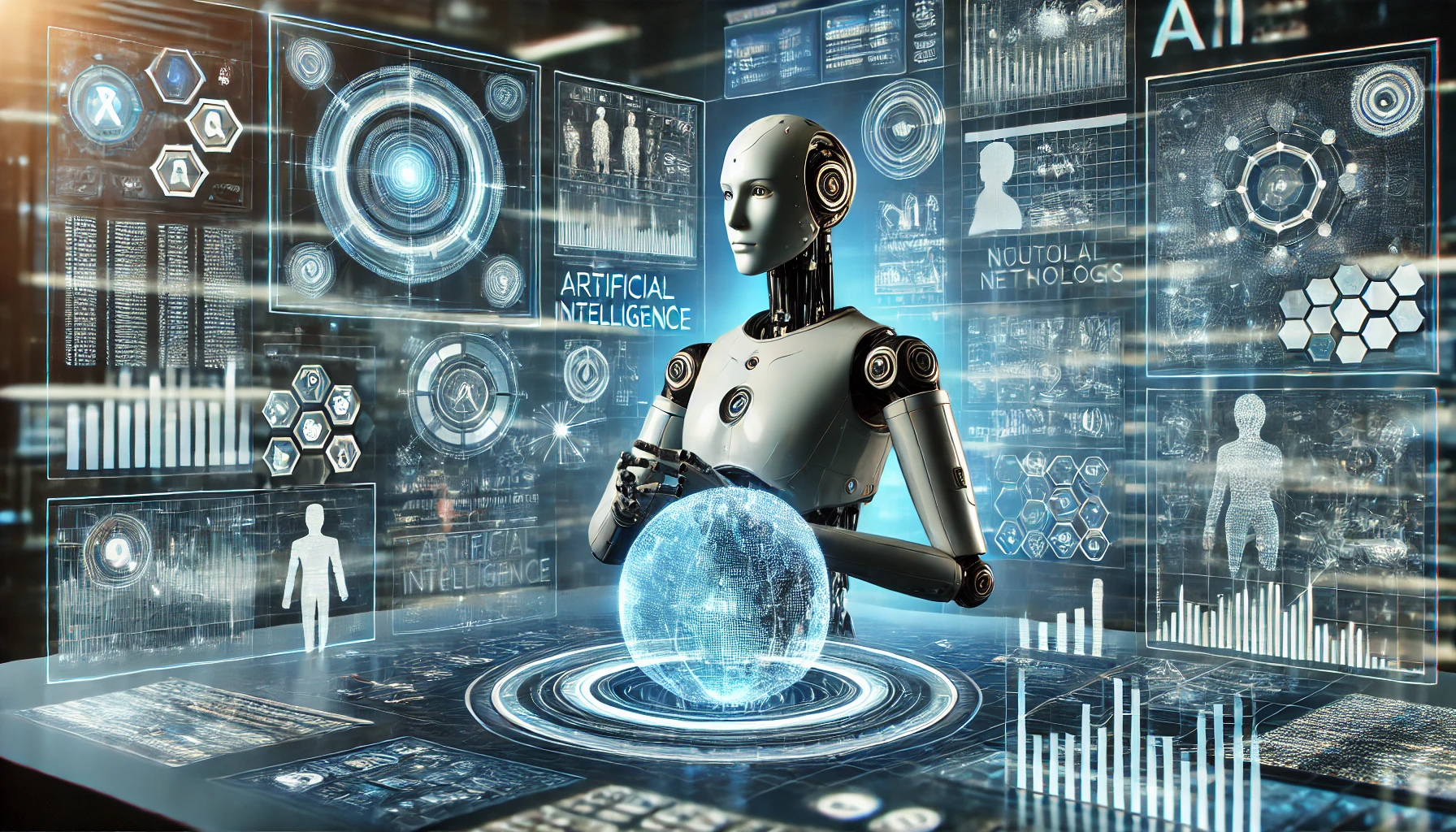Introduction
Artificial Intelligence (AI) has transitioned from a science fiction fantasy to a tangible reality that is transforming the way we live. In this article, we will explore what artificial intelligence is and how it is revolutionizing our homes.
What is Artificial Intelligence?
Artificial intelligence refers to the capability of machines to perform tasks that typically require human intelligence. This includes learning, perception, decision-making, and interacting with the environment. In recent years, advancements in AI have enabled the development of devices that can learn from our routines and optimize the management of our homes.
A Brief History of AI
From the early attempts to create intelligent machines in the 1950s to today’s sophisticated systems, AI has come a long way. Improvements in data processing and storage capacity have been crucial for AI growth, making it possible to create devices that can enhance our daily lives.
Examples of AI in the Home
- Voice Assistants: Devices like Amazon Alexa and Google Home can control other devices, answer questions, play music, and even make phone calls. These assistants act as central hubs, integrating various smart devices into a cohesive ecosystem.
- Smart Thermostats: Devices like the Nest Learning Thermostat and Ecobee can learn your temperature preferences and adjust heating and cooling to optimize energy efficiency. They use sensors and algorithms to anticipate your needs, providing comfort while saving on energy bills.
- Smart Lighting: Systems like Philips Hue and LIFX allow you to control home lighting via smartphone apps or voice commands. These systems can adjust brightness and color based on the time of day or specific activities, enhancing the ambiance and functionality of your home.
- Smart Security Systems: AI-powered security systems, such as Ring and Arlo, offer features like real-time alerts, facial recognition, and motion detection. These systems provide enhanced security by monitoring your home continuously and notifying you of any unusual activity.
- Smart Appliances: AI integration in appliances like refrigerators, washing machines, and ovens allows for remote control and automation. For example, a smart refrigerator can track food inventory and suggest recipes, while a smart oven can be preheated from your smartphone.
The Benefits of AI in the Home
AI offers numerous benefits that enhance the quality of life in the home. These include:
- Convenience: AI devices automate routine tasks, saving time and effort.
- Energy Efficiency: Smart thermostats and lighting systems help reduce energy consumption.
- Enhanced Security: AI-powered security systems provide real-time monitoring and alerts.
- Personalization: AI learns and adapts to your preferences, creating a customized living environment.
Future of AI in the Home
The future of AI in the home is promising, with ongoing advancements leading to more sophisticated and intuitive devices. Emerging technologies such as predictive AI, robotics, and advanced home automation will further integrate into our daily lives, making homes smarter and more responsive to our needs.
Conclusion
Artificial intelligence is changing the way we interact with our homes, offering convenience, efficiency, and security. By understanding what AI is and how it can be applied in the home, you can begin to explore the potential benefits and consider integrating this technology into your daily life. Stay tuned for more articles on the specific benefits of AI, the best devices available, and how to start your smart home journey.
Acknowledgment
Generated with assistance from DALL-E for visual content creation.


Leave a Reply